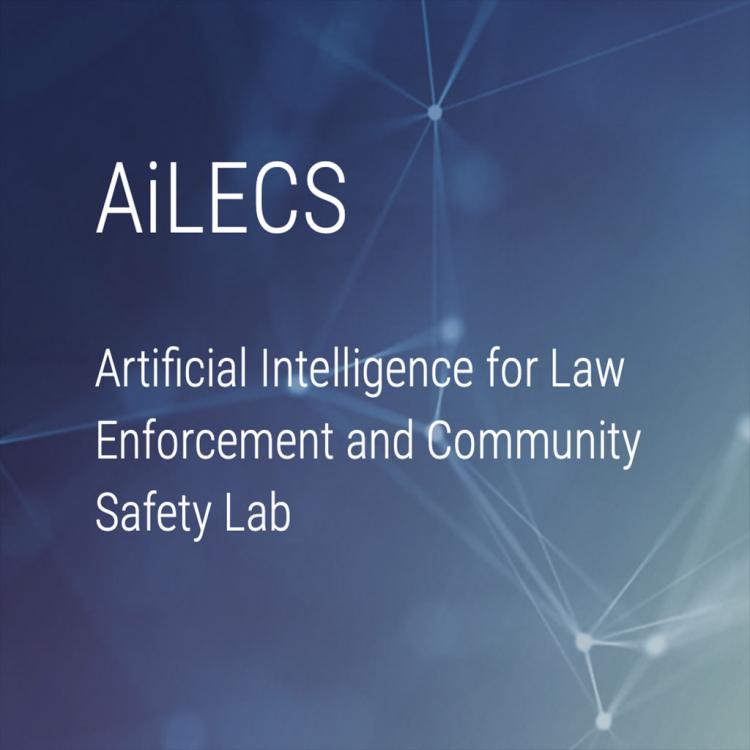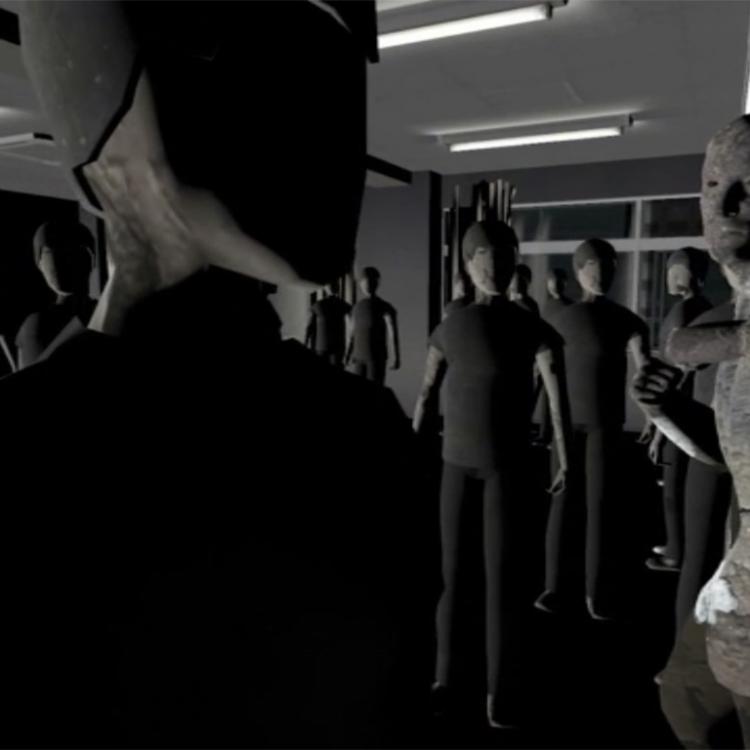On their own, traffic accidents cause 1.3 million fatalities every year – and improper situational awareness is often a major cause. This project aims to exploit big spatio-temporal data to design intelligent techniques for scheduling and offloading tasks to the cloud and peer vehicles. This will ultimately meet the Quality of Service (QoS) requirements of time-critical road safety applications and increase situational awareness by automatically identifying unsafe road conditions and risky driving behaviors – and sending alerts in real time to affected vehicles.
Research projects in Information Technology
Displaying 141 - 150 of 197 projects.
Eco-friendly Road Transportation
This project aims to harness big data from ubiquitous smartphone sensors to reduce the impact of road transport on the environment. Specifically, we’ll design novel data modelling and indexing techniques to exploit the data and create a next-generation, eco-friendly navigation system which will significantly reduce greenhouse gas emissions and result in fuel saving. The initiative also aims to study the citywide impact of adapting to eco-friendly navigation on traffic, environment and road safety – therefore supporting urban planning and decision-making.
Efficient Incrementality in Learning Solvers
Reasoning, constraint solving and optimisation technologies have made remarkable progress over the last two decades. A number of formalisms like Boolean satisfiability (SAT), satisfiability modulo theories (SMT) and their optimisation extensions (MaxSAT and MaxSMT) as well as constraint programming and optimisation (CP) and mixed-integer linear programming (MILP) can be seen as success stories in computer science.
Mixed-Reality Human-Machine Symbiosis for Maintenance Tasks in Physically Embedded Workflows
This project will explore the use of Mixed-Reality (MR) headset technology to support people in performing maintenance tasks in complex environments, where the nature of the work involves close inspection of and interaction with mechanical devices. Examples might include aircraft maintenance or other complex workshop environments. We term work in such situations as "physically embedded" in that the nature of the workflow and the information and data associated with the work is closely tied to the physical machinery. Such maintenance support requires providing the worker with timely and…
Map Data Analysis
This project heavily focuses on maps (e.g. GoogleMaps or Open Street Map). We will explore various properties of road networks, including the granularity of road networks, routes and trajectories on road networks, and query processing on road networks.
A number of inter-disciplinary collaboration exists, including transportation to hospitals, urban sprawl analysis, and geospatial in sustainability (e.g. analysing placement of rubbish bins on streets).
Temporal Analytics
Time series are an ever growing form of data, generated by numerous types of sensors and automated processes. However, machine learning and deep learning methods for analysing time series are much less advanced than for other forms of data.
Our research is revolutionising the analysis of time series data. But it is early days, and many more impactful challenges are yet to be overcome.
This project is funded by the Australian Research Council and will be conducted as part of a large world-leading research team.
Computational drug discovery
This project works with leading researchers in the Faculty of Pharmacy to develop new artificial intelligence technologies to aide discovery of drugs to treat pharmacoresistant epilepsy.
You can find some of our publications here: https://i.giwebb.com/research/computational-biology/
Research and development data infrastructure for Law Enforcement
This project concerns the investigation of suitable socio-technical data infrastructure for law-enforcement research and development. International collaboration between law-enforcement agencies, research institutions, and commercial organisations is vital to address the large scale technical challenges inherent in combating criminal network activity. A significant issue in this work concerns the data infrastructure necessary for collaborative research into, and development of, analytical techniques and algorithmic models.
VR as Cultural Practice
Contemporary filmmakers and visual artists alike are embracing the potential of immersive digital technology – such as Augmented and Virtual Reality – to tell stories in powerful, new and affective ways. By effectively breaking the dictatorship of the frame that has defined the representational form of the moving image for the past 150 years, VR introduces a new paradigm for cinematic expression and viewing experience. This challenge marks a transformational moment in the evolution in the craft of “immersive storytelling”.
The Multisensory Museum
Museums are – and have always been – mixed reality spaces par excellence. Today, digital technologies extend the ways in which the wealth of material culture they contain can be interpreted and exhibited, presenting new and (previously) unimaginable ways of bringing their stories to life.




